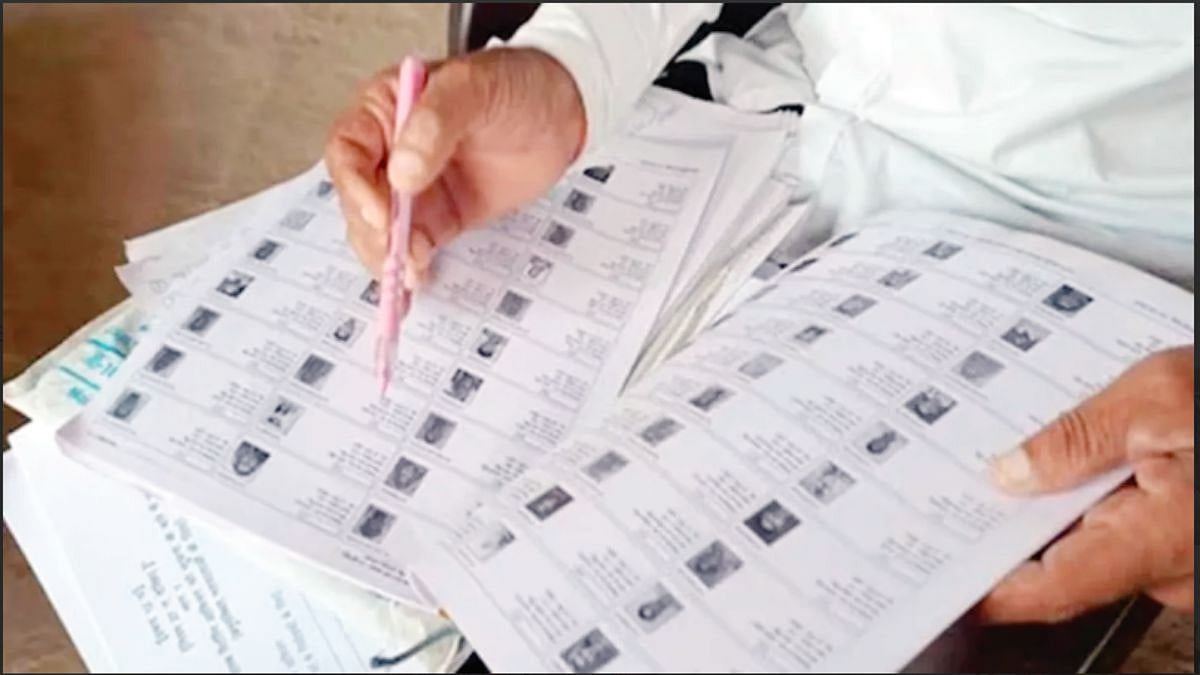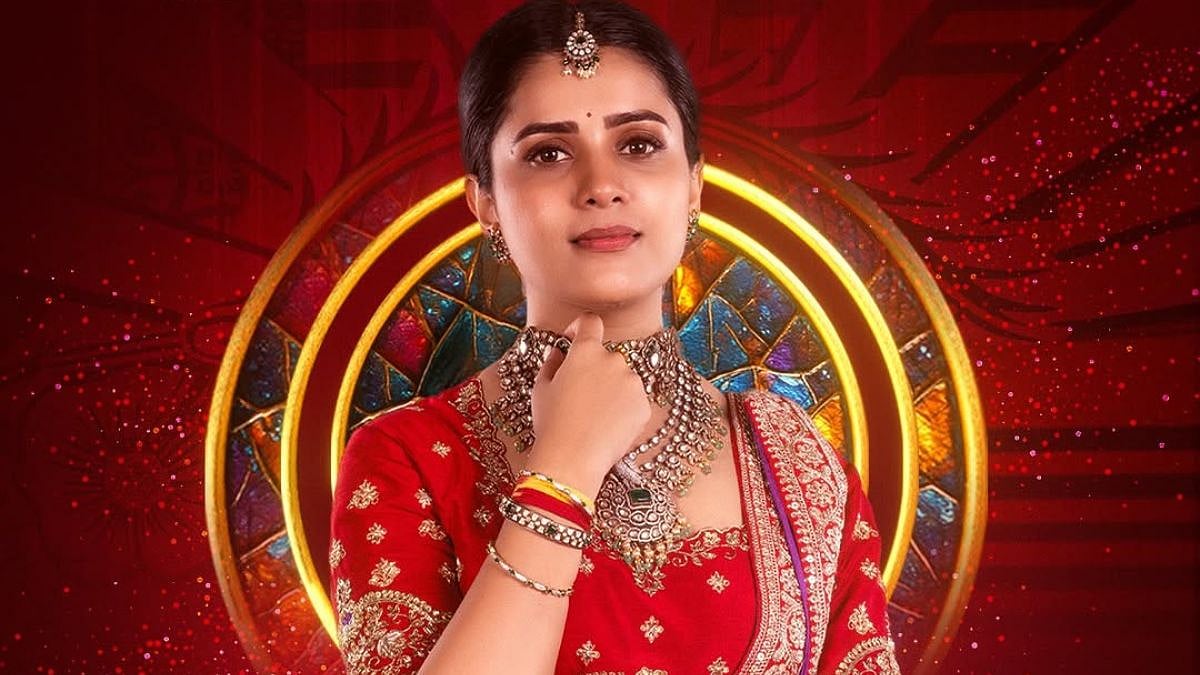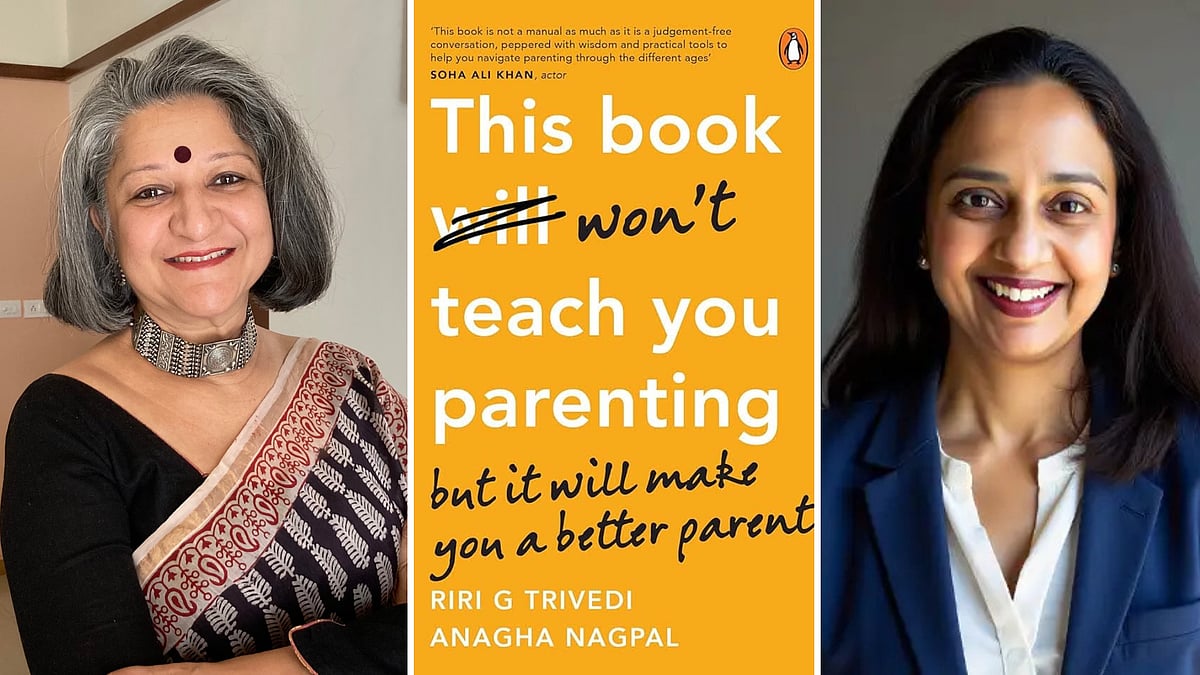M.J. Akbar is known for his historical jottings in book format thanks to the long list that precedes his latest offering, Doolally Sahib and the Black Zamindar.
Doolally Sahib and the Black Zamindar is a classic M.J. Akbar book that takes us on a historical journey tarried with anecdotes. It’s not just about the bureaucratic and political history but also about the food, art and culture of that era as well. Take, for example, the chapter Beef, Beer, Ham and Baboo Hurry Mohan… It talks about the English Education Act and India’s first English newspaper Hicky’s Bengal Gazette, and also deliberates about the architecture in Kolkata (erstwhile Calcutta), the customs of food and drink rituals, the growing fondness of Indians for champagne or brandy… Most of the chapter is devoted to the inception of varied education societies, schools and publications. However, six to eight pages of the chapter appraise diverse cooking styles along with the mixt ingredients used for the same. References of food continue in Love, Doolally and the Coloured Races and later in the book.
The title of the book is a take on the moniker of the English soldier stationed at the Deolali military camp and the Indian brokers appointed by the East India Company. It was a known fact that the soldiers on their way out, especially during the Independence hand-over, were stationed at the Deolali military camp. Most of these soldiers were termed ‘doolally’ (temporarily dearranged or cuckoo over something) as per the records and grapevine.
The first Black Zamindar, as per records, was Gobindram Mitra. The book mentions his antics along with his troupe of paiks, naiks and naibs — the titles that still exist in the West Bengal police stations. Author traces the beginning of corruption in India during British era while discussing Mitra’s career and the musings of Governor Warren Hastings and Justice Impey. It’s evident, thanks to the facts noted in the book, that the British introduced the concept of corruption to Indians — a tradition that we still carry on with reverence.
The author, adroitly, takes us through the love and lust stories of the British and the Indian. Citations of Begum Johnson, whose grandson Robert Jenkinson was a Prime Minister of UK, tell us about gaieties of British and their Indian connections. Author also refers to the ancestors of the current US President Joseph Robinette Biden — William and Christopher Biden — who had joined the East India Company as teenagers.
In the chapter Service with a Wile, there’s an exhaustive account of the tailors, servants and nannies employed by the British. The best part in this chapter remains to be the Hindi translations of English Nursery Rhymes recorded in 1860s by TF Bignold, an ICS officer.
The book is unequivocally based on the letters, books, jottings of British Governors, Reverends, Bishops, and other office holders and a few pre-Independence era publications. Therefore, the data available is quite often from the British lens.
This said, it has references of Bengali writers like Bhavanicharan Bandopadhyay and Sumanta Banerjee that add the minutiae. Bandopadhyay’s caricature of the typical babu (Indian employee of the British administration) mentions that an accomplished babu would require success in four ps and four khs — pasha (dice), paira (pigeon fights), paradar (adultery), poshak (dress), khushi (pleasure, khanki (prostitute), khana (feasts) and khairat (charity)… (sic)
However, it’s the author’s interpretation that adds the chutzpah to the available material he documents. His characteristic sarcastic humour is evident in lines like “The Mughal King Akbar Shah II’s favourite son Mirza Jehangir comforted himself with Hoffman’s cherry brandy, in his view the only English liquor worth drinking. During bouts of restraint, he reduced his intake to one glass every hour, till he passed out.”
Doolally Sahib and the Black Zamindar is a delightful read for those who love history with a tadka of humour and sarcasm.
Book: Doolally Sahib and the Black Zamindar: Racism and Revenge in the British Raj
Author: M.J. Akbar
Publication: Bloomsbury India
Price: Rs 899
Pages: 327









